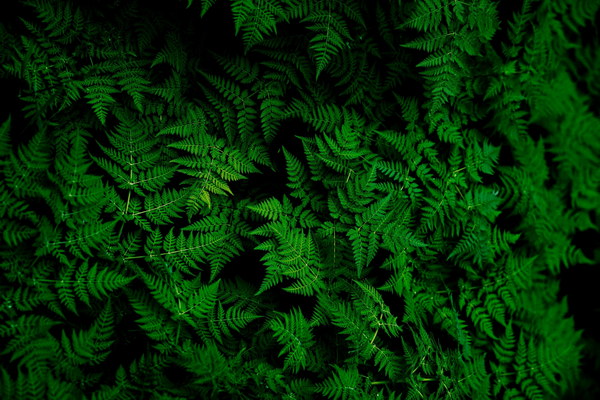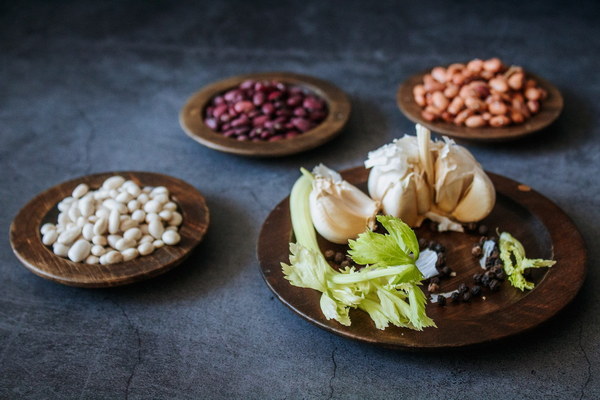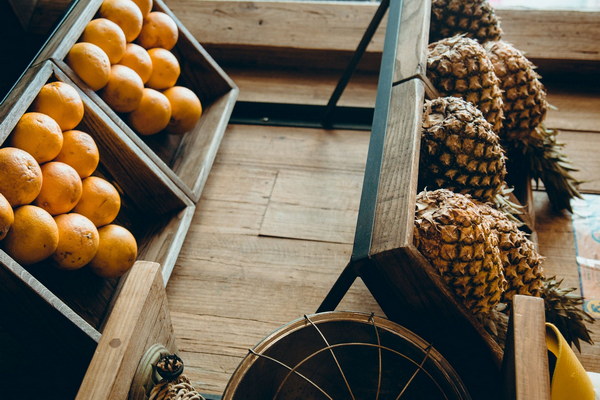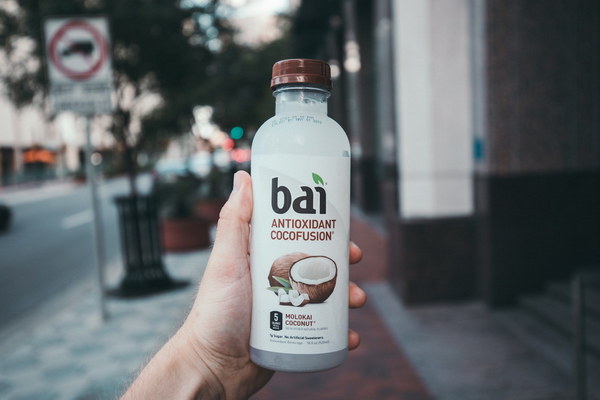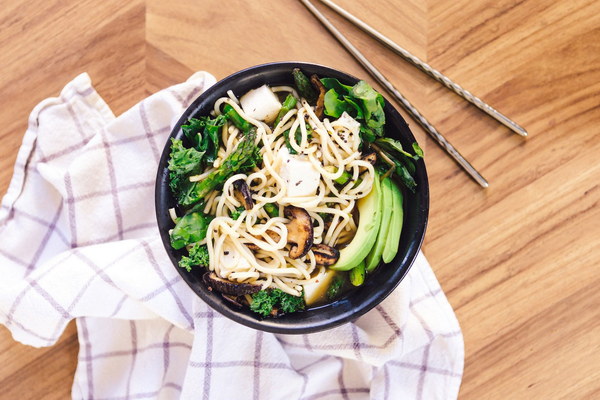Unveiling the Wonders of Moisture-Relieving and Aroma-Permeating Chinese Herbs A Traditional Approach to Wellness
In the realm of traditional Chinese medicine, there exists a treasure trove of natural remedies that have been passed down through generations. One such category is the moisture-relieving and aroma-permeating herbs, which have been used for centuries to promote overall health and well-being. These herbs not only alleviate moisture-related issues but also have the power to permeate the body, targeting various ailments and restoring balance.
The moisture-relieving and aroma-permeating herbs work by addressing dampness in the body, a condition that is often associated with fatigue, weight gain, and discomfort. By promoting the circulation of Qi (vital energy) and the regulation of body fluids, these herbs help to restore harmony and alleviate a wide range of symptoms.
Here are some of the most notable moisture-relieving and aroma-permeating Chinese herbs:
1. Atractylodes Macrocephala (Cang Zhu)
Atractylodes Macrocephala, also known as Cang Zhu, is a popular herb used in Chinese medicine for its drying and draining properties. It helps to eliminate dampness from the body, particularly in the spleen and stomach, and is often prescribed for conditions like edema, diarrhea, and abdominal bloating.
2. Poria (Fu Ling)
Poria, or Fu Ling, is another herb that is highly regarded for its moisture-relieving effects. It has the ability to absorb excess moisture and is often used in conjunction with other herbs to treat dampness-related issues, such as chronic fatigue, body aches, and fluid retention.
3. Alisma Plantago-aquatica (Ze Xie)
Alisma Plantago-aquatica, or Ze Xie, is a well-known herb used to drain dampness and invigorate the spleen. It is commonly used to treat edema, urinary tract infections, and other dampness-related conditions.
4. Angelica Sinensis (Dang Gui)
Angelica Sinensis, or Dang Gui, is a versatile herb that not only relieves dampness but also nourishes the blood. It is often included in formulas for women's health, as it helps to regulate menstrual cycles, alleviate menstrual cramps, and improve fertility.
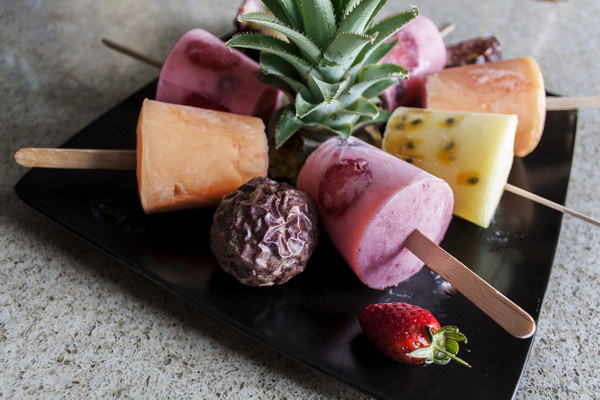
5. Cyperus Rotundus (Xiang Fu)
Cyperus Rotundus, or Xiang Fu, is a potent herb known for its ability to permeate and disperse dampness. It is often used in cases of dampness-induced pain, such as joint pain, sciatica, and amenorrhea.
To harness the power of these moisture-relieving and aroma-permeating herbs, it is essential to consult with a qualified practitioner of traditional Chinese medicine. They can create a customized herbal formula that targets your specific needs and health concerns.
In addition to herbal remedies, lifestyle adjustments can also help to alleviate dampness and improve overall well-being. These may include:
- Eating a balanced diet rich in fresh vegetables, fruits, and lean proteins, while avoiding excessive intake of sugary, greasy, and cold foods.
- Engaging in regular physical activity to promote circulation and boost the immune system.
- Getting adequate rest and managing stress levels, as chronic stress can contribute to dampness in the body.
By incorporating moisture-relieving and aroma-permeating Chinese herbs into your wellness routine, you can experience the natural healing power of traditional medicine. These herbs have stood the test of time, offering a gentle yet effective way to restore balance and promote health.
In conclusion, the moisture-relieving and aroma-permeating herbs of traditional Chinese medicine provide a holistic approach to addressing dampness and promoting overall well-being. By combining these natural remedies with lifestyle adjustments, you can embark on a journey towards a healthier, happier life.

